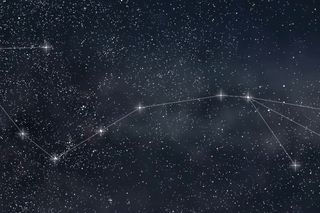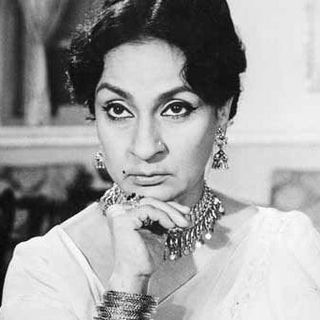
You Think You Know Your Correct Star Sign, But You Probably Don’t
But does it even matter?

Millennials are putting the life and fun back into astrology, thanks to meme culture. But modern astronomy is killing the astrological buzz: turns out, the actual timing and location of constellations that determine star signs don’t match zodiac dates. In other words, you think you know your correct star sign — but you don’t.
The zodiac is based on the path of the sun over the course of a year. Think of this track as a perfect circle that passes through the 12 constellations of the zodiac. The zodiac assumes these constellations are equally distributed along the circle with a corresponding equal amount of time spent by the sun in each constellation’s ambit. In other words, imagine a pie divided into 12 equal pieces, which reflect 12 equal time spans, with the sun passing through all in a given year.
Unfortunately, according to James B. Kaler, a professor emeritus of astronomy at the University of Illinois at Urbana-Champaign, U.S., this is not the way the actual universe functions. (You knew the universe was working against you, didn’t you, Cancers.) Instead, in terms of real space and time, Kaler explains in The Conversation, constellations vary in size — in other words, constellations’ pie slices aren’t equal, which means the date ranges associated with them would also be unequal ranges.
This means while you might have been born under one constellation/star sign, if the zodiac reflected actual, factual astronomical knowledge of the sky, your birthday might really correspond with a different constellation/sign altogether.
But take a deep breath from your identity crises, Virgos and Pisces. It may not even matter.
Related on The Swaddle:
Earth‑Like, Potentially Habitable Planet Discovered 102 Light Years Away
While astronomy, as a scientific field, was born from astrology, an ancient-scientific and modern-pseudoscientific field, the two diverged many centuries ago. Astrology does not meet the bar of modern science; a 1985 study published in the esteemed scientific journal Nature found astrologers could only correctly match personality profiles (as developed by a psychologist) with individuals’ corresponding star sign at birth 34% of the time — roughly the same success rate as pure chance.
Still, the astronomy and astrology persist, running on parallel tracks. While astronomy studies and maps the heavens for their own sake, astrology studies the heavens to tell us about ourselves; within astrology, the planets and their positions function to shape events and personalities on Earth. Little wonder, then, that the latter would have an Earth-biased view of the universe at odds with the facts of the former. In fact, it’s almost inevitable that it would.
Therefore, acknowledging that one’s zodiac star sign doesn’t match what’s actually going on in the night sky over the course of any given year, devalues neither astronomy nor astrology. And certainly doesn’t mean we have to quit posting our favorite astrology memes. Instead, the discrepancy points to the unique value — and limitations — of each. Astronomy can help us discover and understand all of the minute facts and functioning of the universe, of which we are a near-microscopic part, and astrology can help us come to terms with such insignificance and find meaning within it. (Especially for you Cancers.)
Liesl Goecker is The Swaddle's managing editor.
Related


Woe Is Me! “How Do I Cope With My Boyfriend’s Attention‑Seeking Mother?”
